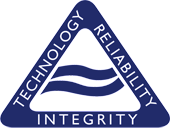Coastal Instruments will be exhibiting at the Pittcon Conference, March 8 – 12, 2015, at Ernest N. Morial Convention Center in New Orleans, LA. Stop by our booth, # 3756, and say hello. We might have some Smarties for you.
Coastal Instruments can now supply the Horiba STEC Z-500 MGX series mass flow controllers with 1/4 inch VCR fittings to meet your upgrade plans for your older model, legacy devices. These devices are completely refurbished to your exact specifications, are a drop in replacement for many of the Legacy models, and carry our 100% satisfaction warranty. Give us a call at 1-800-632-4357, or email us at massflow@mfchelp.com for a quote. And while you’re at it, ask about our trade-in credit for your Legacy devices. Now who else is making that offer?
All Coastal Instruments-US offices will be closed January 1, 2015. Happy New Year to all!
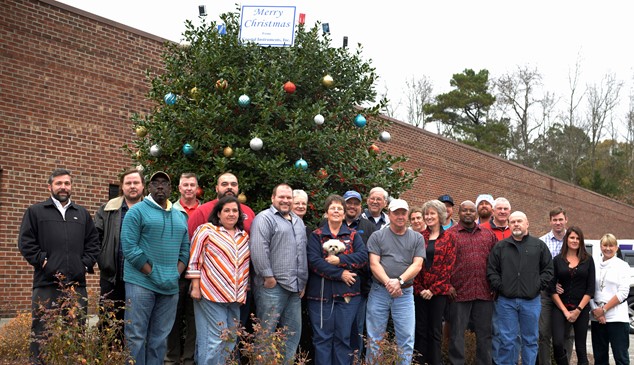
You know it’s kind of boring around here when the highlight of the week is getting a new mail box. Next week we are getting a pink dumpster, seriously. Pics to follow on that one for sure. We hope everyone has a nice Thanksgiving holiday.
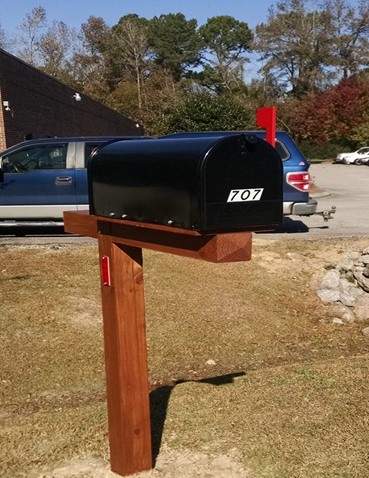
Bob Williams, president of Coastal Instruments, has just returned from a motorcycle trip to South Africa with Neale Bayly as part of a fund raising effort for Wellspring International Outreach (http://www.wellspring-outreach.org/). Coastal Instruments was proud to be one of the sponsors of this effort which resulted in the construction of a house for an elderly lady who is raising 8 orphaned children in the small village of White River, located 5 hours north of Johannesburg. At least three other houses as well as a playground and lunch room for the local school are planned next year.
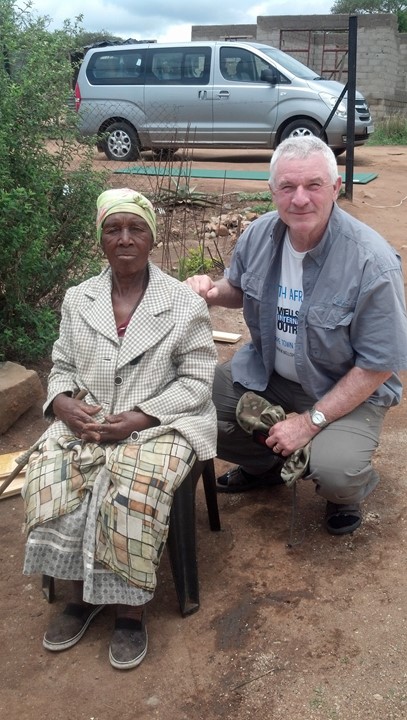
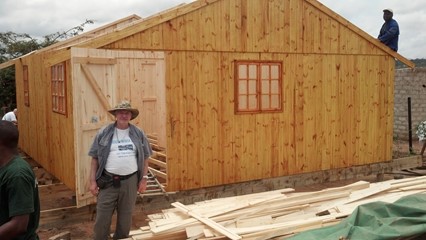
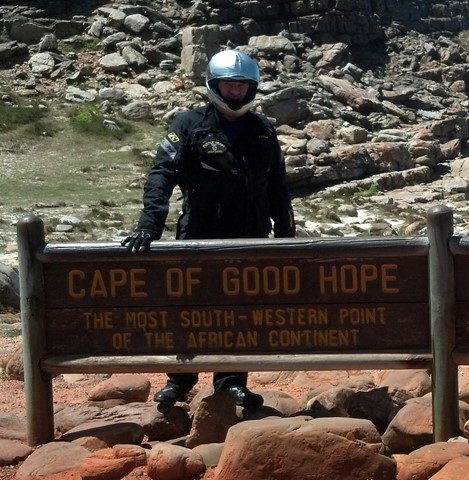
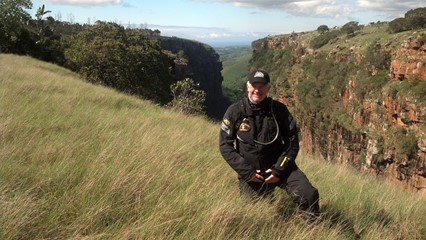
Coastal Instruments now has the ability to service MKS Profibus protocol mass flow controllers. We also have a large inventory of these MKS Profibus devices which can be configured to customer specifications and shipped within a matter of days from receipt of order. These type devices are most frequently found in process tools of European origin, especially in optical coating and solar applications. In many cases, replacements and after sales services have been difficult to obtain in the US, until now. Questions? Give us a call at 1-800-632-4357.
Congratulations to the Coastal Instruments team for the renewal of our accreditation to the ISO/IEC 17025-2005, AINSI Z540-1-1994 standard for the North Carolina facility. This renewal also included the expansion of our scope from 1000 slpm to 2500 slpm and the addition of field calibration capability.
Coastal Instruments, Inc. is proud to announce our capability to service the latest model MKS digital mass flow devices including the G-SERIES, I-SERIES, P-SERIES, and Legacy P-Series. This new service capability is a continuation of our on-going development programs that assure we can meet our customers’ mass flow controller service needs from the oldest obsolete models to the newest digital, device net/profibus protocol devices. Please see our product list for a full listing of the specific models that we service. We also carry a large inventory of the most popular models that can be completely refurbished, setup to your unique specifications, and shipped within days of your order. Got a question about what we can do, email us, or give us a call. We just got a new phone system and we like to use it.
All Coastal-US offices will be closed Monday, September 1 for the Labor Day holiday. As usual, if you have an emergency somebody will be on call for customer service.
